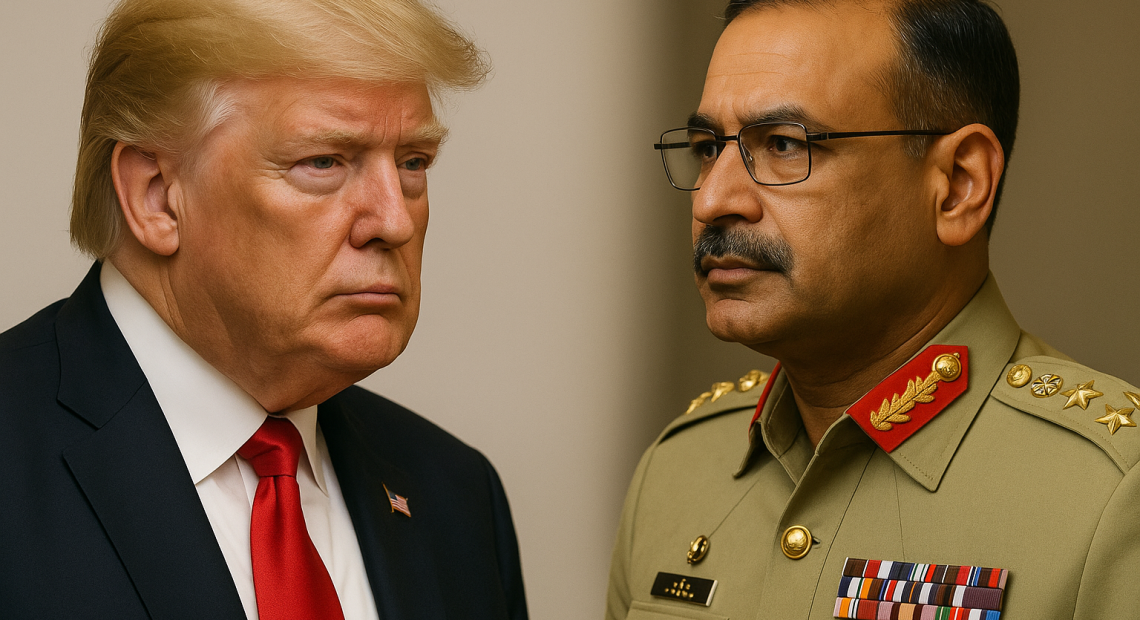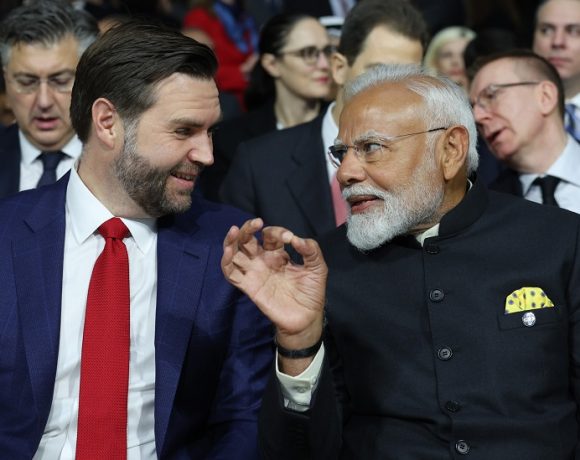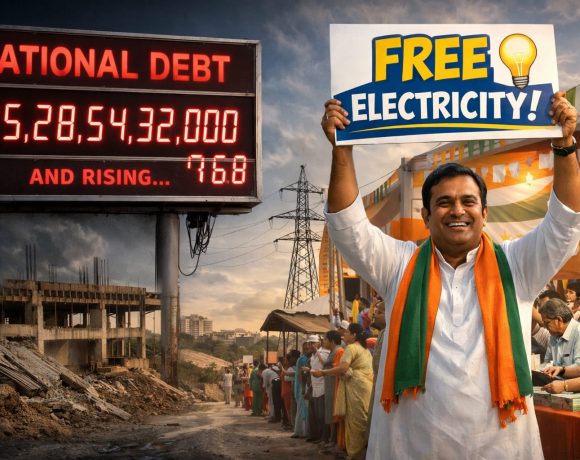
Pakistan and U.S. Reach Framework in Crucial Trade Talks
Pakistan and the United States have concluded a vital four-day negotiation round in Washington aimed at finalizing a reciprocal trade framework before the looming July 9 deadline. The accord is designed to prevent U.S. imposition of a 29% tariff on Pakistani exports—including textiles and agricultural products—by setting terms for mutual trade benefits and market access.
Framework Agreement to Prevent Tariffs
Under the agreed framework, Pakistan’s key export sectors will be shielded from proposed punitive tariffs, protecting approximately $5 billion in annual trade. In exchange, Islamabad has offered to increase U.S. imports of goods such as crude oil and to enhance American investment across sectors like mining, energy, and infrastructure. These initiatives include a spotlight on the high-profile Reko Diq copper-gold mining project.
U.S. Investment and Export Boost
The deal outlines provisions for U.S. export‑import bank support and favors expanded public-private cooperation. These measures aim to strengthen U.S. investment presence in Pakistan’s critical sectors and pave the way for stability in trade ties, signalling renewed economic engagement from Washington.
Diplomatic Reset and Urgency
The negotiations represent a reset in bilateral relations that were strained under prior U.S. administrations. Pakistani officials emphasized the need for swift finalization to give exporters a clear signal and prevent business disruption. With the July 9 deadline fast approaching, both nations are pushing to convert the framework into a binding agreement.

















